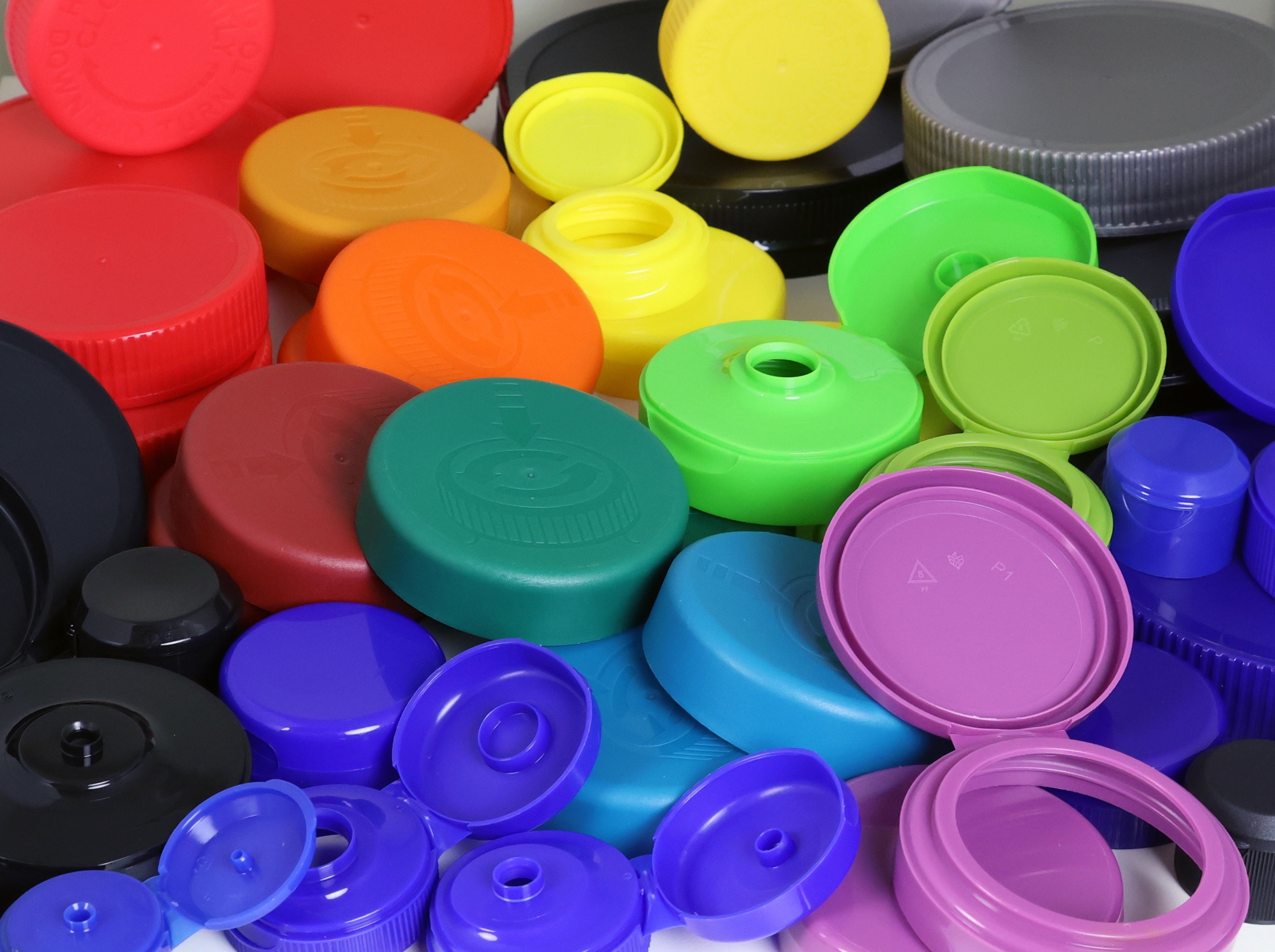
A Complete Guide to Plastic Closures: Understanding Key Packaging Terms
In the world of packaging, closures are more than just lids. They serve critical roles in product protection, ease of use, and compliance. From child-resistant packaging to user-friendly dispensing closures, choosing the right closure ensures your product performs well on the shelf and in consumers’ hands. This guide covers the most common types of plastic closures, key packaging terminology, and what to consider when selecting the ideal caps and closures for your brand.
What is a Closure?
A closure refers to the cap or lid that seals a container. Closures are engineered with functionality in mind and are often tailored to match the type of product inside, as well as regulatory and consumer expectations. Whether it is a child-resistant closure for safety or a flip-top dispensing cap for convenience, closures are a key part of your packaging strategy.
Neck Finishes and Closure Sizes
Closure sizes are often listed as two-part numbers, such as 24-400 or 28-410. The first number refers to the diameter of the closure in millimeters. The second number refers to the finish, which includes the thread design and neck height. These finishes are part of the SPI standard. For example:
- A 400 finish has one thread turn
- A 410 finish has 1.5 thread turns
- A 415 finish has two narrow thread turns
Popular Types of Plastic Closures
Continuous Thread Closures
Continuous thread closures, also known as CT closures, are among the most widely used plastic closures across industries. These twist off caps feature a threaded design that screws onto matching containers, forming a secure seal. They are compatible with a variety of liners, making them ideal for food, beauty, healthcare, and household products. CT closures are cost-effective, versatile, and easy to apply manually or with automation.
Child-Resistant Closures (CR Closures or CRC Closures)
Child-Resistant Closures, also called CRC's, are required for many regulated products such as prescription drugs, vitamins, and certain cleaning agents. These closures often use push and turn or squeeze-and-turn mechanisms that are difficult for children under five to open but remain accessible for adults. If your product falls into a regulated category, child-resistant closures are not just a safety feature. They are a legal requirement. At PHOENIX, we offer a variety of CRC closures that combine security, usability, and shelf appeal.
Dispensing Closures
Dispensing closures are designed for convenience and precision. These closures allow controlled product release, reducing waste and improving the customer experience. Common types include flip-top dispensing caps, disc tops, and twist spouts. Whether you are packaging shampoos, sauces, lotions, or cleaners, dispensing caps are a smart choice for products used frequently or in measured amounts. These closures are also designed to be leak-resistant, protecting your product during transport and storage.
Materials Commonly Used in Plastic Closures
The performance of your closure also depends on the plastic material used. Here are some of the most common materials found in plastic closures:
- Polypropylene (PP) – Durable, chemically resistant, and suitable for everything from child-resistant packaging to dispensing closures
- Polyethylene (PE) – Lightweight and flexible, making it ideal for dispensing caps and easy-open applications
For more insights on packaging materials, explore the Institute of Packaging Professionals (IoPP) website.
Customizing Your Caps and Closures
Your packaging should reflect your brand, and closures are no exception. PHOENIX offers custom solutions across our entire range of plastic closures, including:
- Color and finish options
- Embossing or debossing for logos
- Custom orifice sizes for dispensing closures
- Specialized liners for safety or freshness
Whether you need CRC closures, continuous thread caps, or unique flip-top dispensing lids, we can tailor your closure to match both form and function.
Why Closures Matter
Closures are more than a final touch. They influence product usability, safety, shelf stability, and consumer perception. Choosing the right combination of closure type, material, and finish can make a significant difference in performance and compliance. At PHOENIX, we specialize in caps and closures that support a wide range of markets including pharmaceutical, food, personal care, and chemical. From standard CT closures to advanced child-resistant packaging, our team will help you find the best solution for your product.
PHOENIX Is Here to Help
Selecting the right plastic closures can feel overwhelming, but you do not have to figure it out alone. PHOENIX offers an extensive range of high-quality CRC's, dispensing caps, and continuous thread closures that combine safety, performance, and design. Explore our closure catalog on our Products page or contact the PHOENIX team for a pricing quote. We are ready to help you find the right closure for your product because in packaging, every detail matters.
